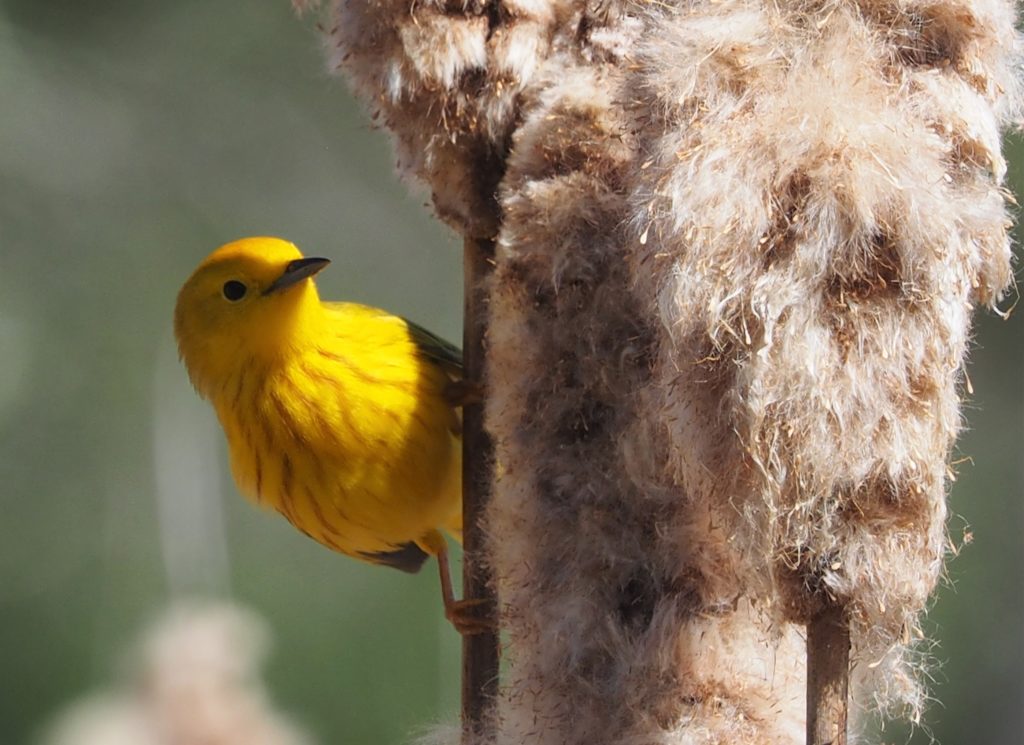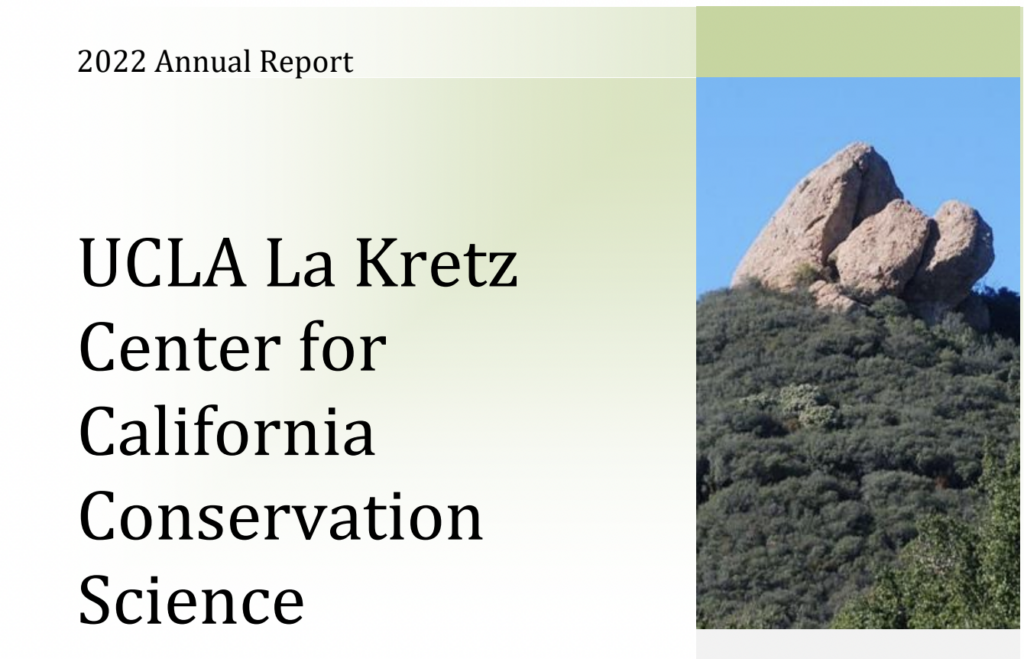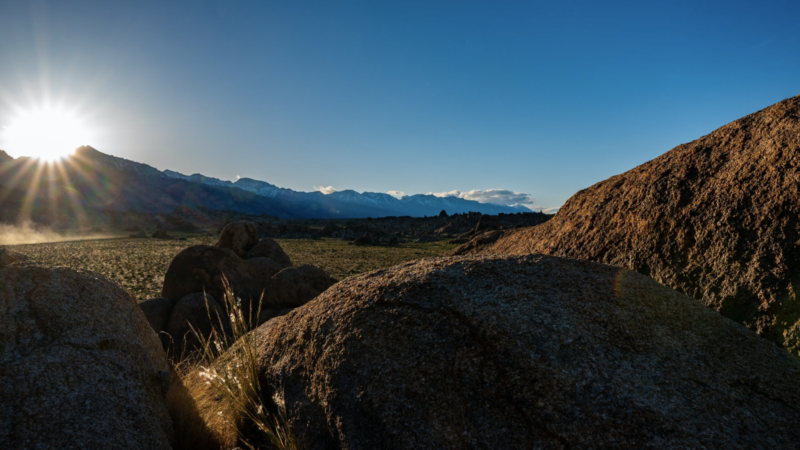Headline
Olivia Sanderfoot and Madeleine Siegel in LA Times: Opinion: One simple rule could save the birds that migrate over L.A.
Los Angeles leaders can take action to make our city safer for birds. One key step is to require the use of bird-safe glass, which is designed to obscure windows’…






